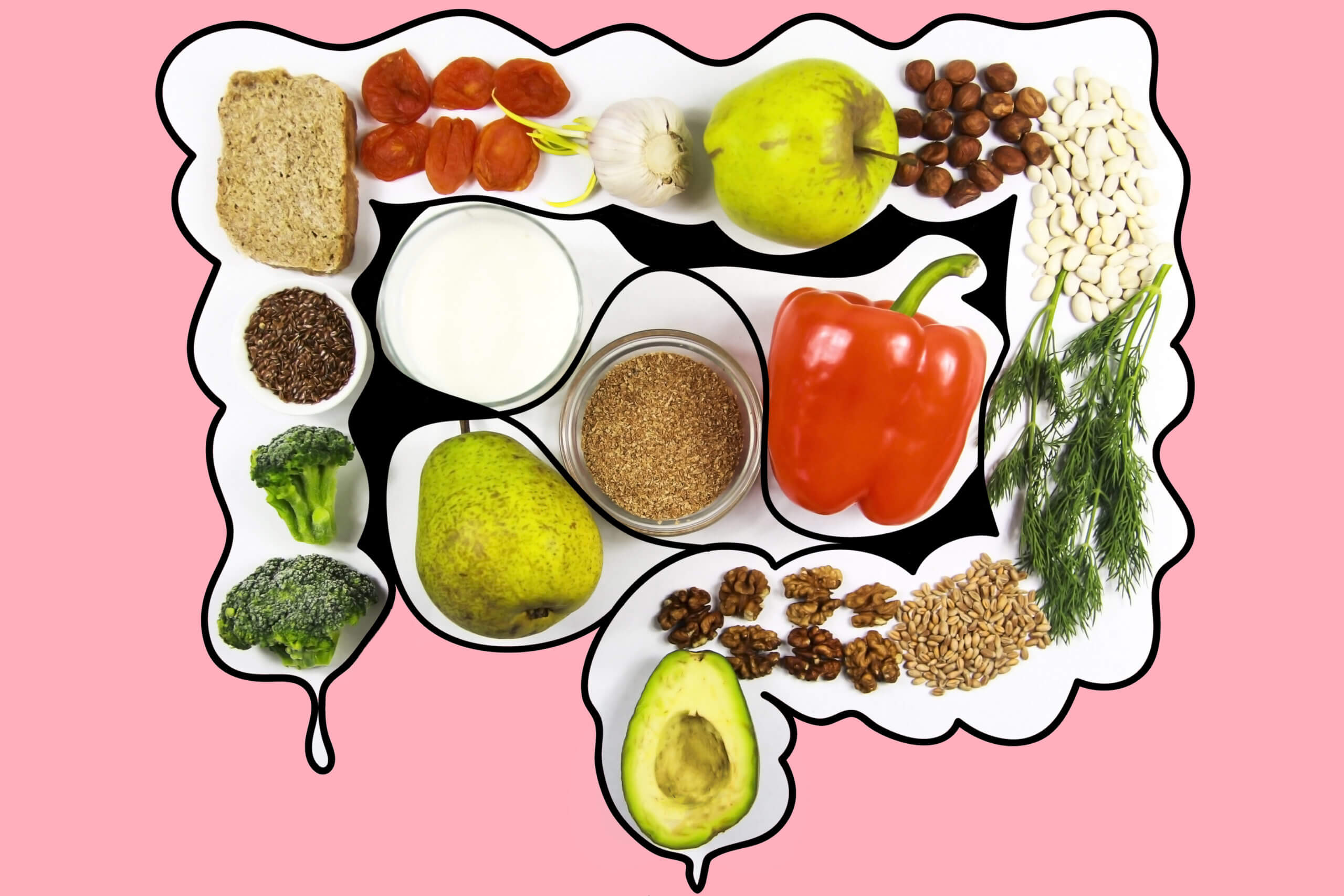A growing number of research publications related to gut wellness continue to get pumped out. They often lead us, as readers, to conclude that it’s a pretty important topic to understand and apply to our lives. Experts drive home that good gut microbiome has the potential to help anything from our mood to immunity.
But how do we support our gut to get it to such a point? There’s one very simple way: Food!
Here are some of the best types of food for your gut that can be found at most major grocery stores near you:
Fatty Fish
Many Americans get more than enough omega-6 fatty acids through processed foods, and while we need those (from foods like nuts and seeds), too much can aggravate the gut and cause inflammation. As such, it’s important to balance out the omega 3:6 ratio in our body as much as possible by eating foods that contain omega 3 fatty acids.
Ultimately, this is to help combat adverse digestion and gut effects of too much omega-6.
Tuna, salmon, anchovies, and sardines are all great sources, according to research. If you don’t like fish or eat plant-based, supplementation is recommended with guidance of a doctor or dietitian.
Fermented Foods
Kimchi, yogurt, goat kefir, and sauerkraut may not be the everyday foods people think about picking up at the grocery store, but that should probably change. These foods are highly beneficial as they can boost the number of good bacteria in your gut environment.
In general, these types of foods will contain the bacteria groups Lactobacillus (abbreviated as “L.” on nutrition labels) or Bifidobacterium (abbreviated as “B.” on nutrition labels). Sauerkraut and kimchi are best bought refrigerated with “live cultures” written on the label. This means that there are living microbes in them. Canned versions are not likely to contain these.
Fiber-Rich Foods
Eating probiotic-rich foods is only half the task. It’s also crucial to include fiber-rich prebiotic foods that “fuel” the gut’s ability to create more good bacteria. These are found in several fruits and vegetables, especially those with complex and fibrous carbs.
Some of the most common sources are: broccoli, Brussels sprouts, garlic, oats, onions, and cauliflower. Additionally, some people may struggle with choosing the right prebiotics for them. Everyone is different.
Further, people with irritable bowel syndrome (IBS), Crohn’s disease, other gut-related conditions, or even just general irritation may not respond well to cruciferous vegetables like broccoli or cauliflower.
Go shop for your gut!
It isn’t all that difficult to eat a diet that supports an abundance of beneficial gut flora. Any major grocery store should have a lot of these foods, and you can try out a few to see which you’d enjoy eating on a regular (preferably daily) basis. As always, before making any large changes, be sure to speak with a dietitian or doctor to figure out how to make any changes best fit your lifestyle.
